
A Culture Currents review of saxophonist Miguel Zenon and pianist Luis Perdomo (above) won a 2023 Milwaukee Press Club award for “best critical review.”
The Milwaukee Press Club is the oldest extant press club in the world, it claims, so there’s baked-in gravitas to the annual journalism awards it gives out. All judges are out-of state to maintain integrity in this state-wide cemptition.
Culture Currents won it’s third award from the press club for best critical review, after two previous first-place gold awards. This time it received a silver, which is second place.

Culture Current’s Kevernacular (Kevin Lynch) displays his 2023 silver award for “best critical review” from The Milwaukee Press Club. Photo by Ann K. Peterson
I happened to read the three finalist entries for “best critical review” and I would concur with the judges on the top prize for best review. It went to coverage of a remake of Edward Albee’s laceratingly acerbic play “Who’s Afraid of Virginia Woolf?” staged by the Milwaukee Chamber Theater. The review was written for Urban Milwaukee by Dominique Noth, coincidentally my editor many years ago, at the old pre-merger Milwaukee Journal. Features editor at the time, Dom was always a highly accomplished theater and film critic, and proved it once again. His review commented comparatively with his memory of seeing the play on Broadway in the early 1960s.
The bronze award for criticism went to another former colleague of mine, Rob Thomas, long-time pop music and film critic for The Cap Times in Madison, for his excellent review of Bruce Springsteen live in Milwaukee.
Culture Currents received the silver award for its review “Miguel Zenon builds a bridge from his Puerto Rican soul to the world.” The subject was a sublimely affecting and lyrical duo concert by MacArthur “Genius” Award-Winner saxophonist Miguel Zenon and his longtime mate pianist Luis Perdomo at The Art + Lit Lab for the 2023 the Madison Jazz Festival. In a program titled “El Arte del Bolero,” they interpreted popular songs they grew up with in their native Puerto Rico and it was a pan-cultural revelation. Here’s the review:
https://kevernacular.com/?p=15647
The awards were presented at the annual Gridiron Awards Dinner at the Pfister Hotel, always a highlight of the year in Wisconsin journalism. The event always features two “newsmaker award” winners, one of whom was ex-Packer Hall of Famer Leroy Butler.
Leroy, one of the most popular and celebrated athletes in Wisconsin, was charmingly humble and funny in his acceptance speech.
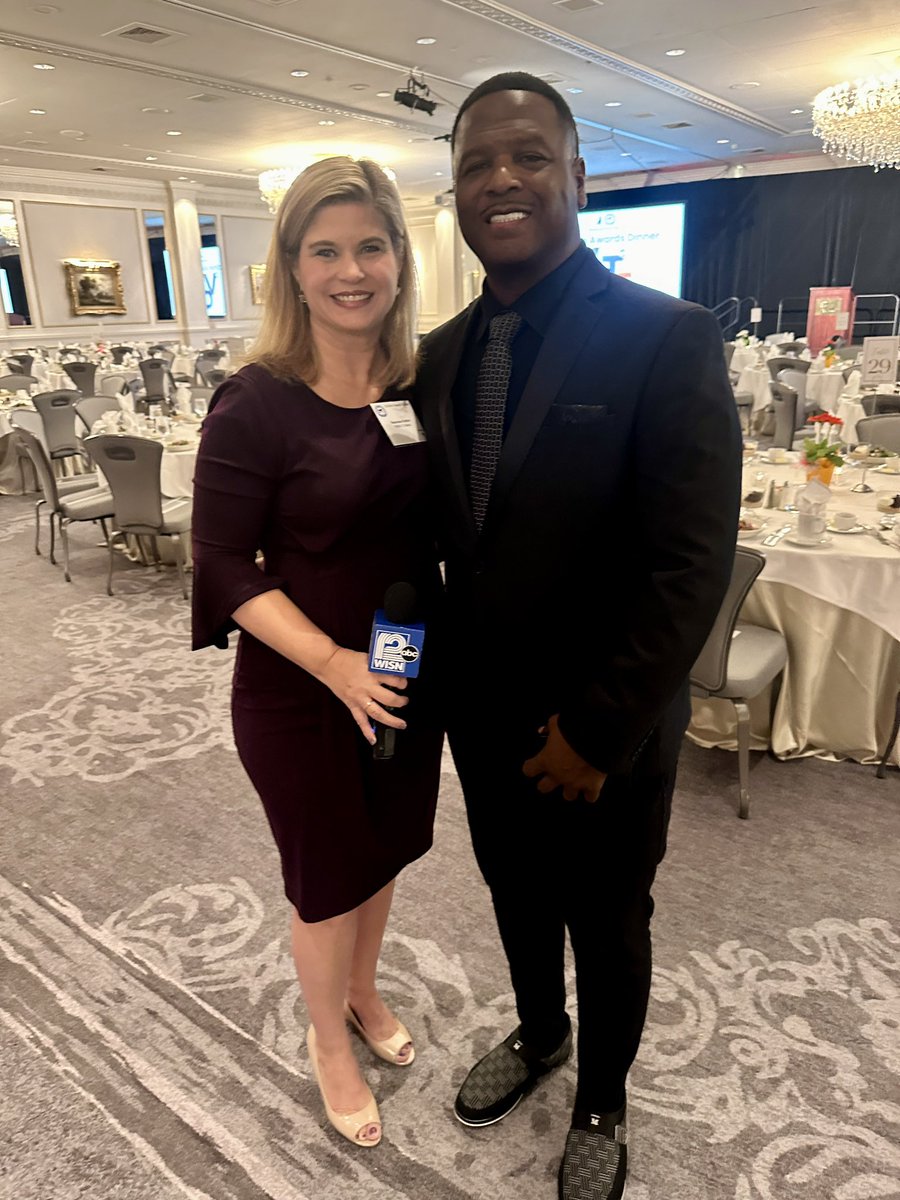
Green Bay Packer Hall of Famer Leroy Butler (right, with a local news reporter) received a “Newsmaker” award at the 2024 Milwaukee Press Club Gridiron Awards Dinner.
The event “climaxes” with a speech by a nationally known figure in journalism. In this case that was James Bennet, former editor-in-chief at The Atlantic magazine, and former Editorial Page Editor at The New York Times, when the page won two Pulitzers. He’s currently a columnist at The Economist.
Bennet was a trenchant political and journalistic commentator and impressed us by explaining he’d read a certain sampling of our entries — not anything he was requested to do — and felt heartened by the quality of our work. He even mentioned Dominique’s review of the Albee play. Such recognition is something for Wisconsin journalists to build on in an uncertain future for the profession.
_____________


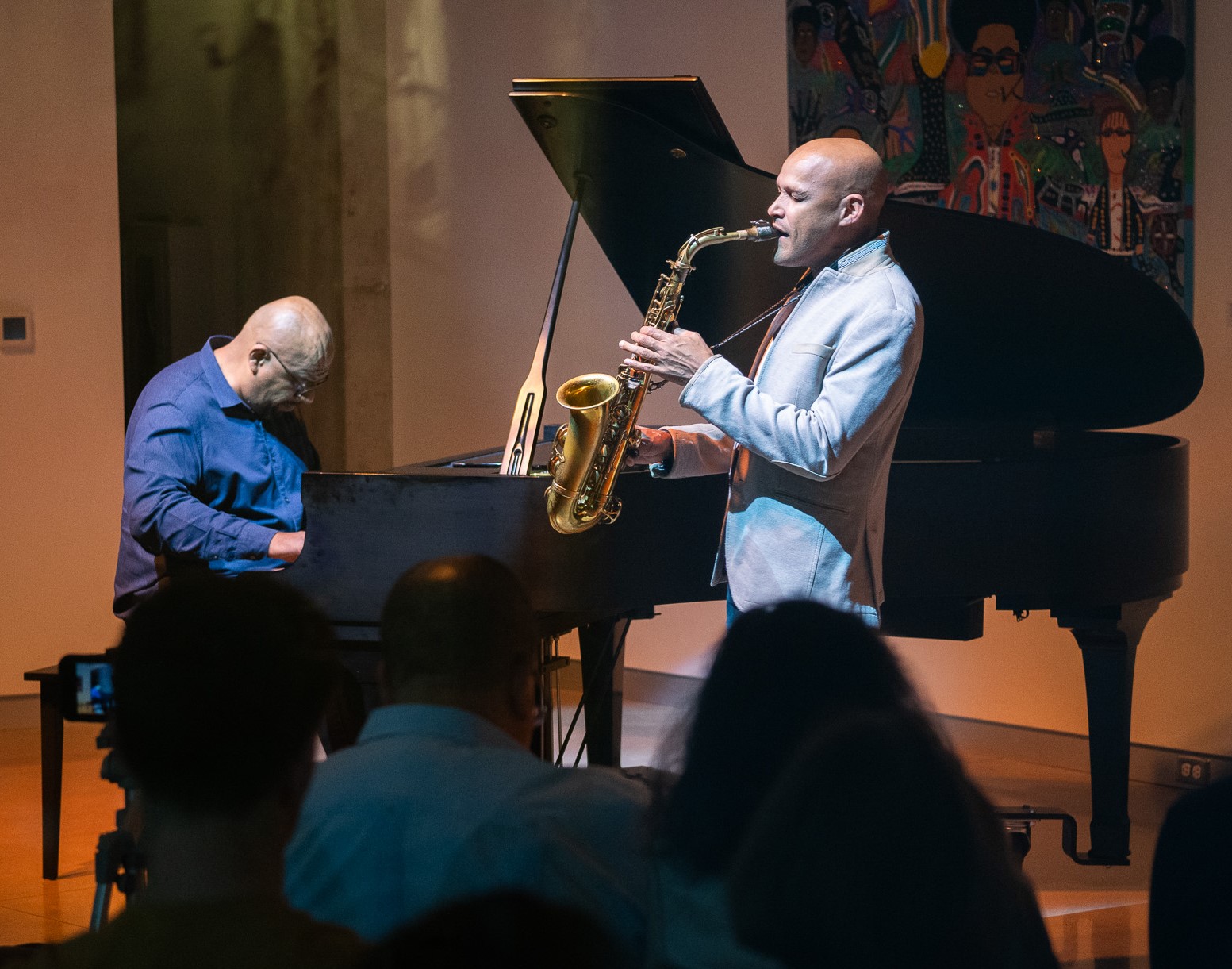
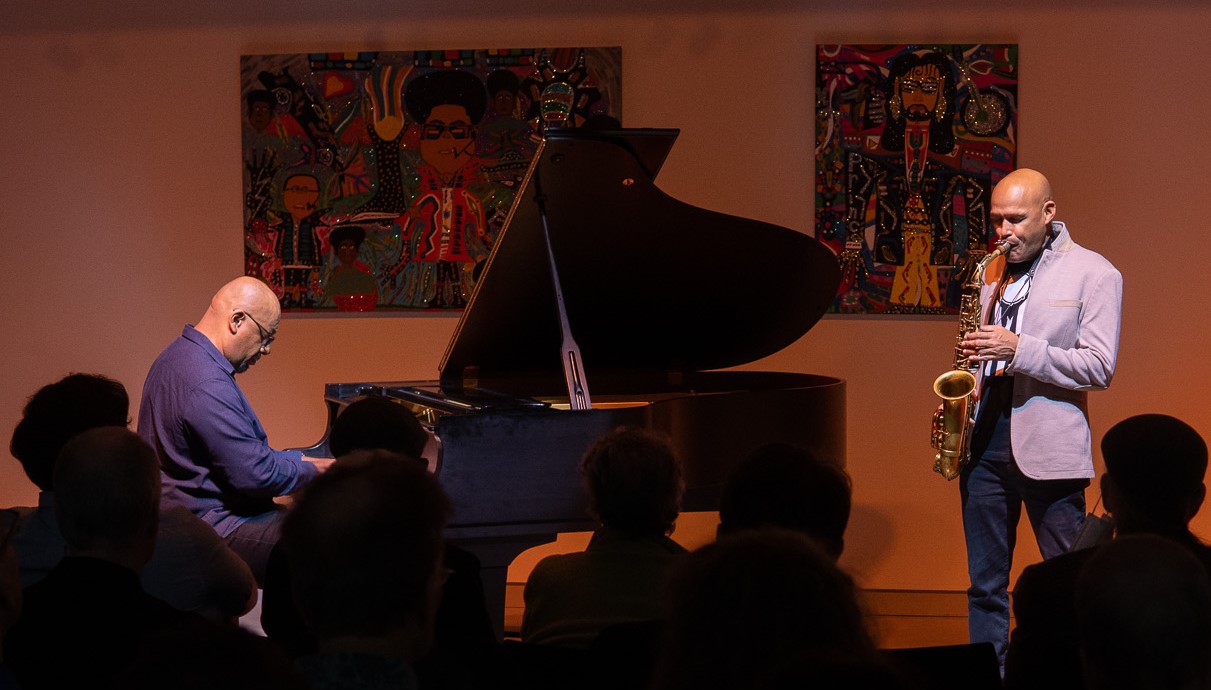
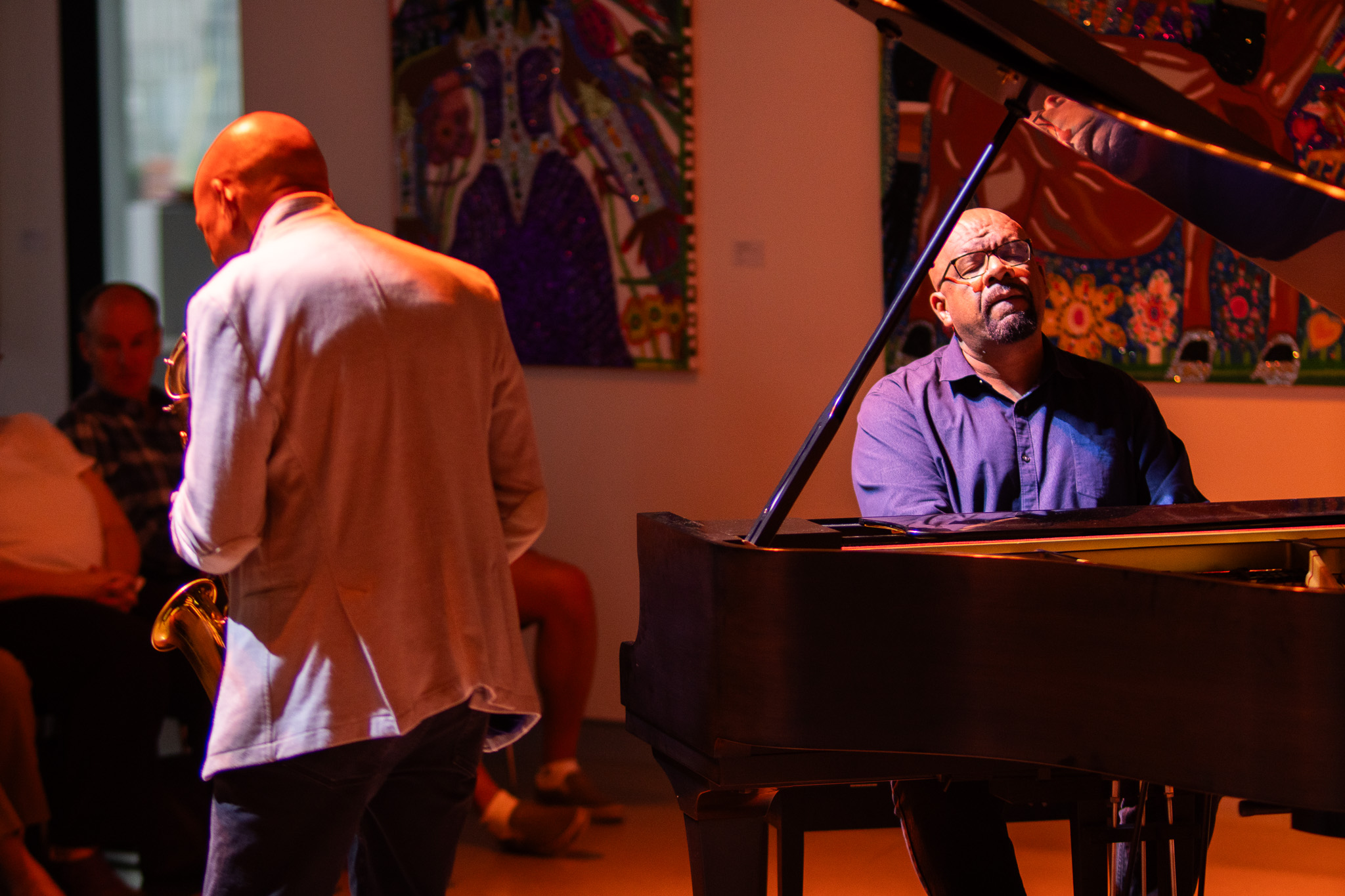
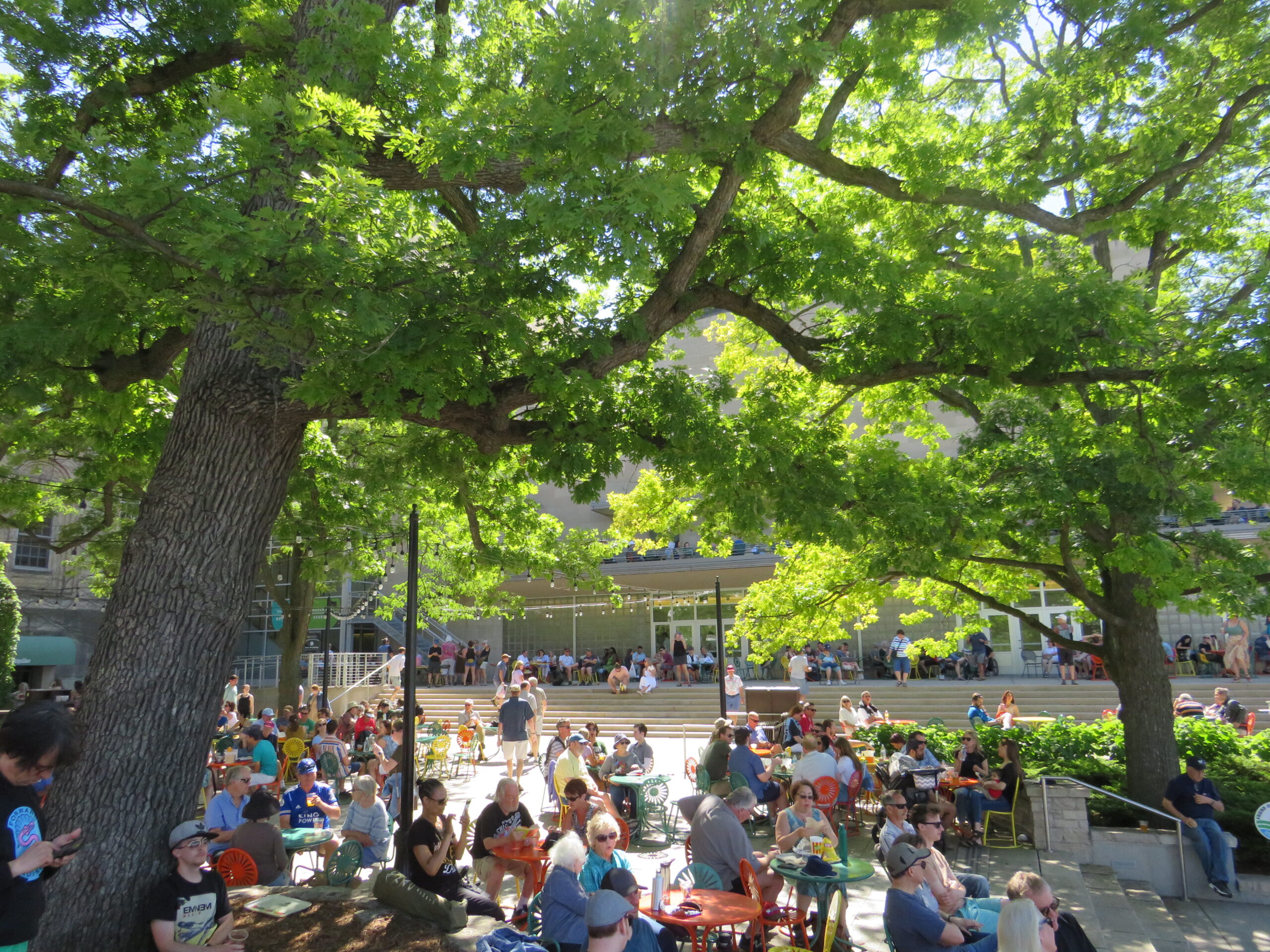
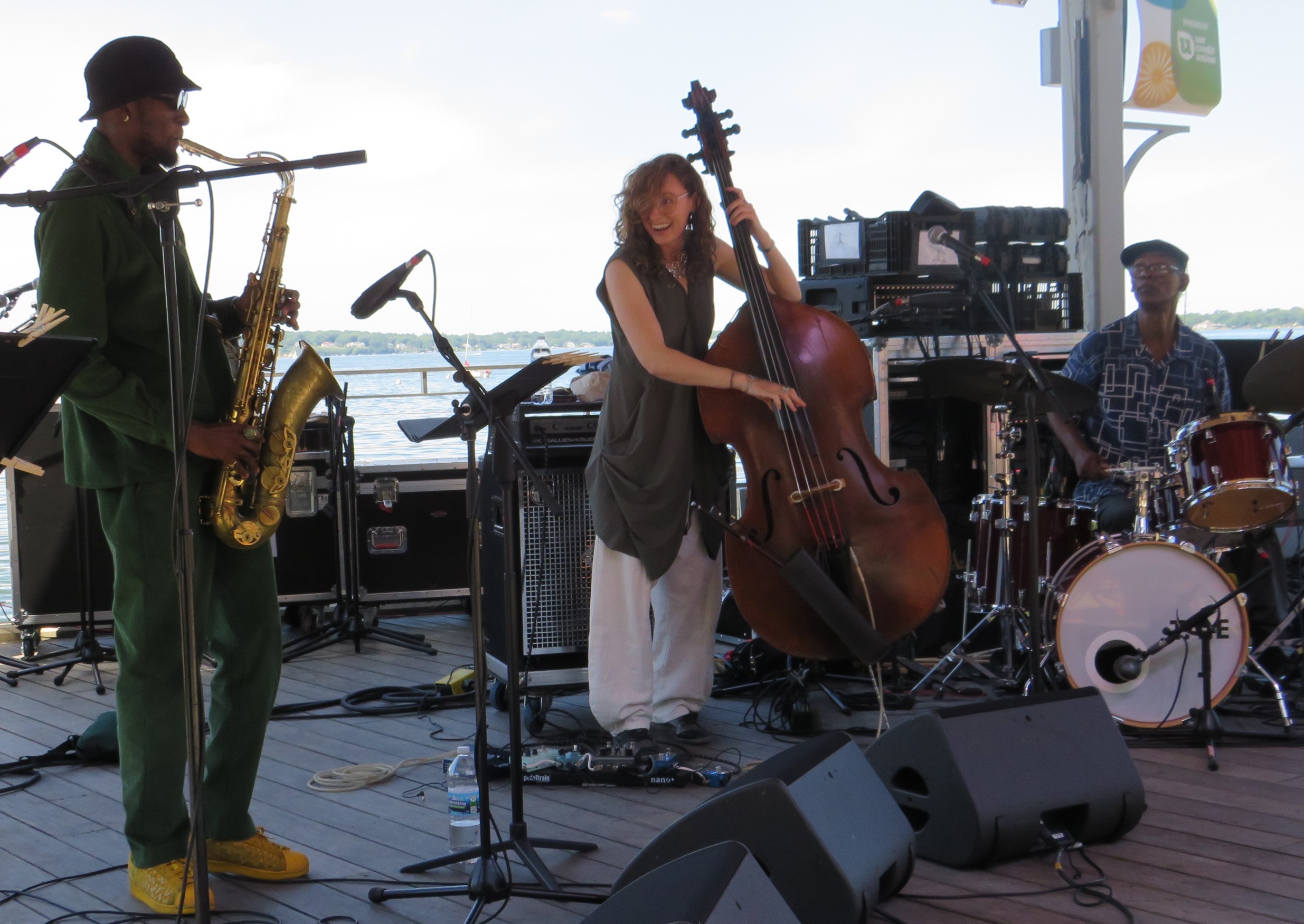
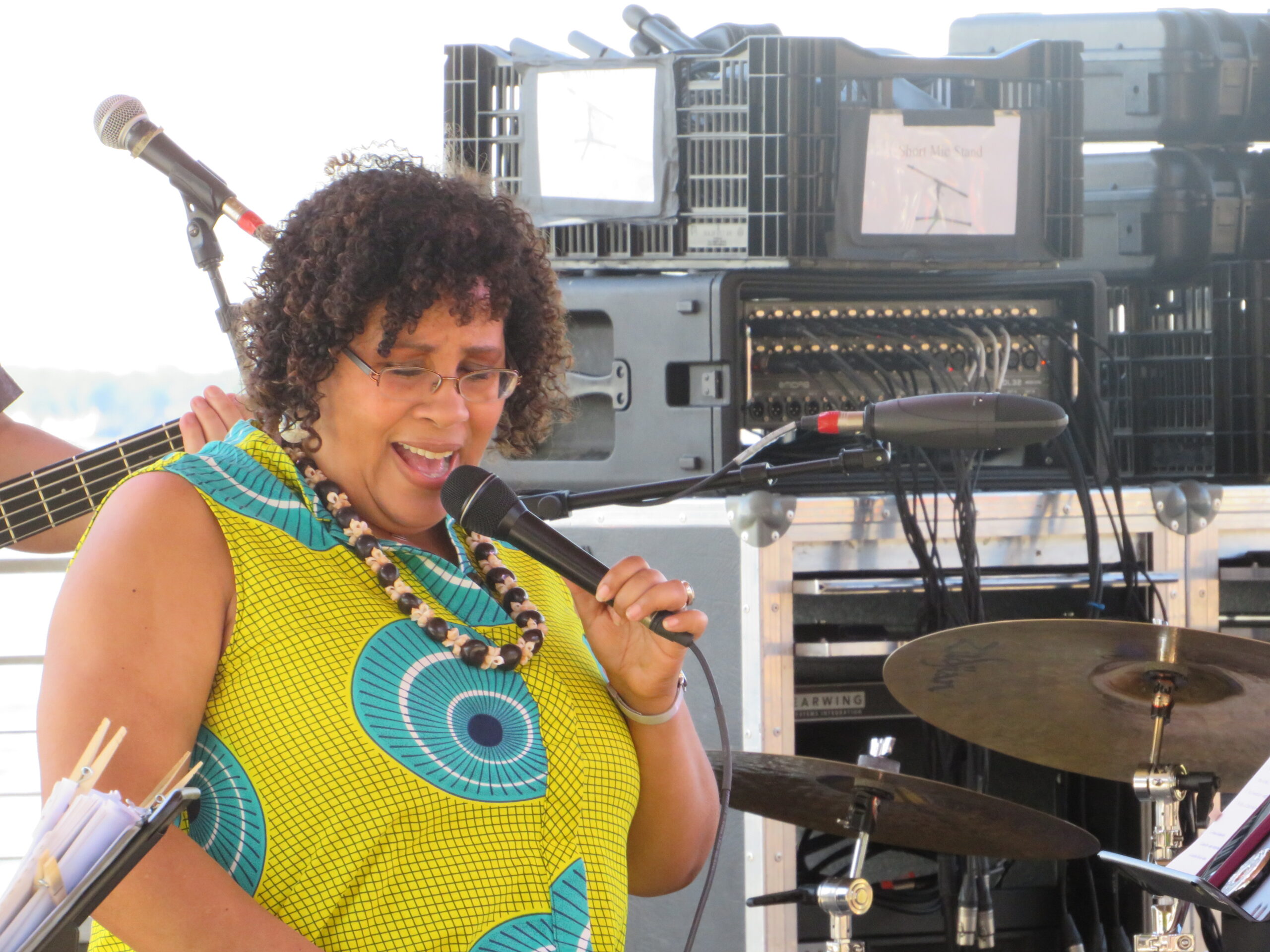
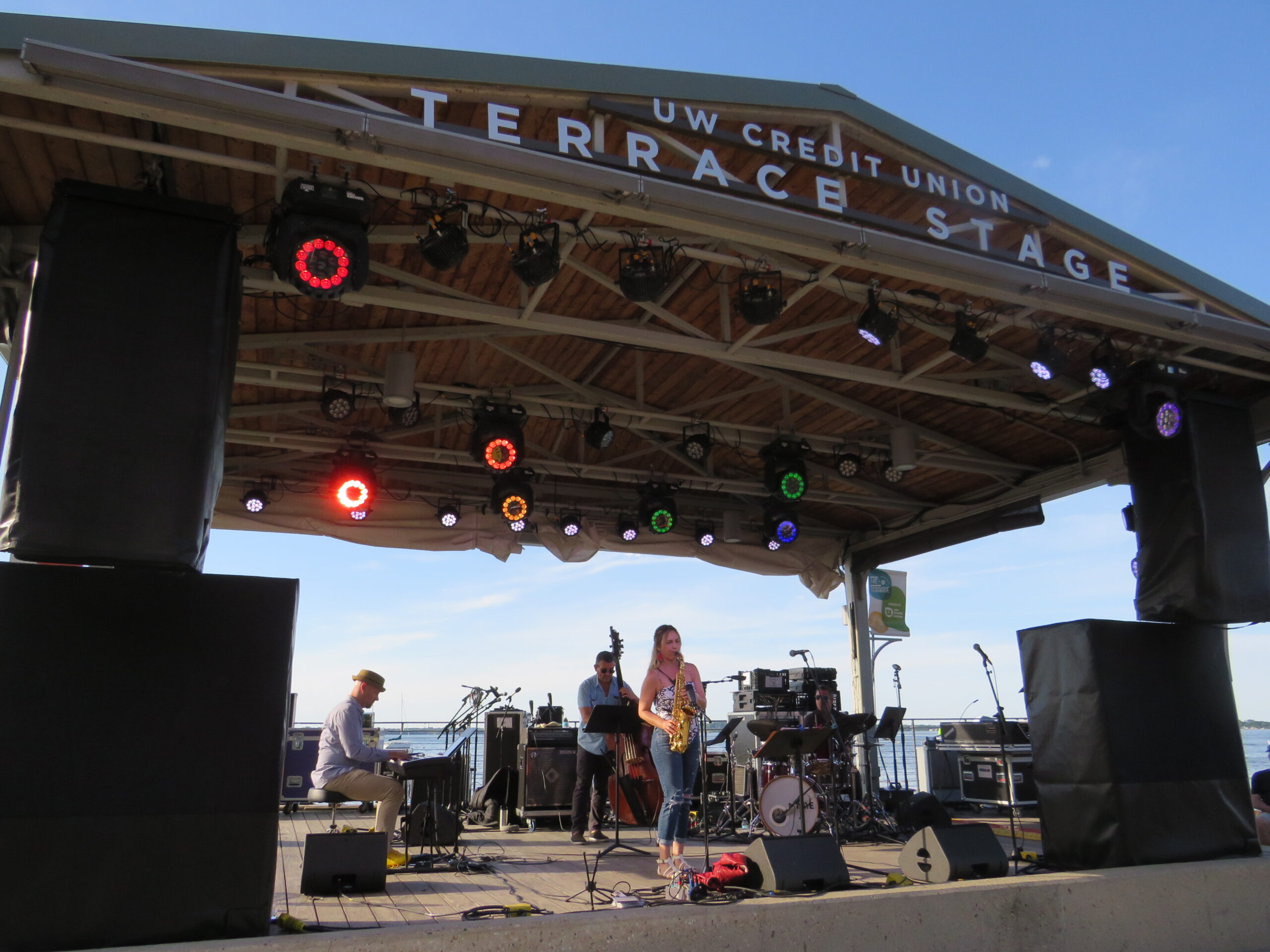
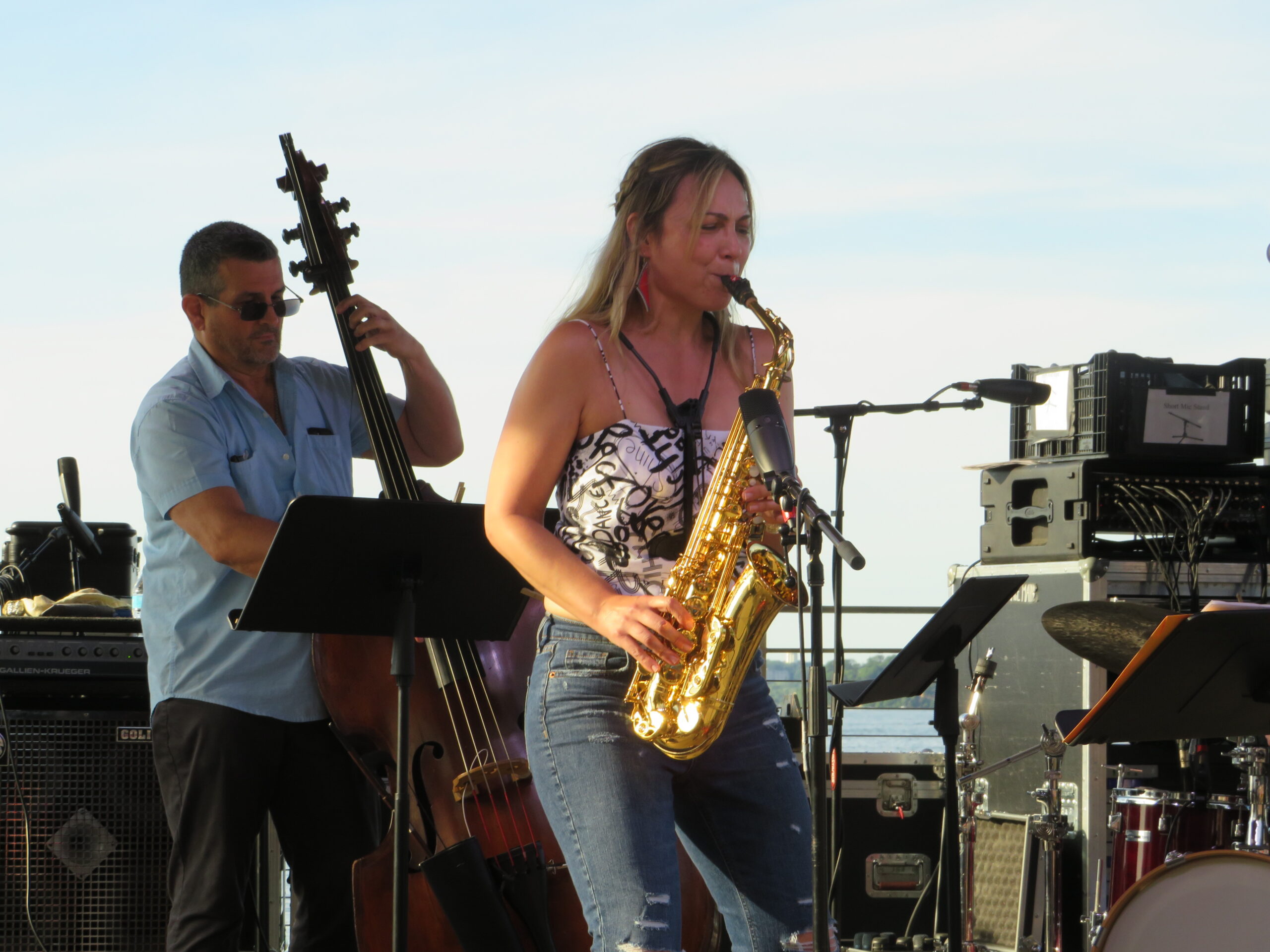
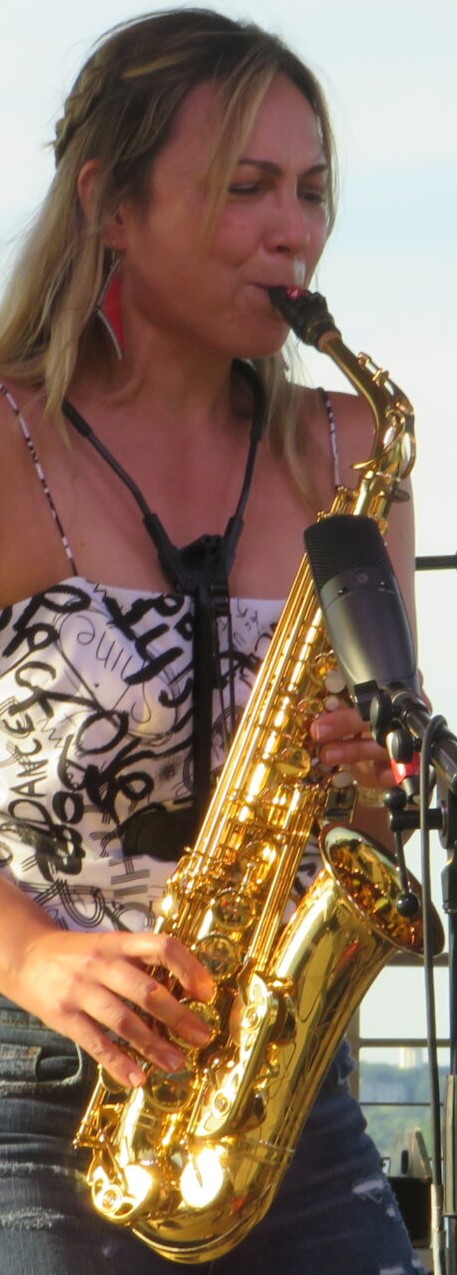
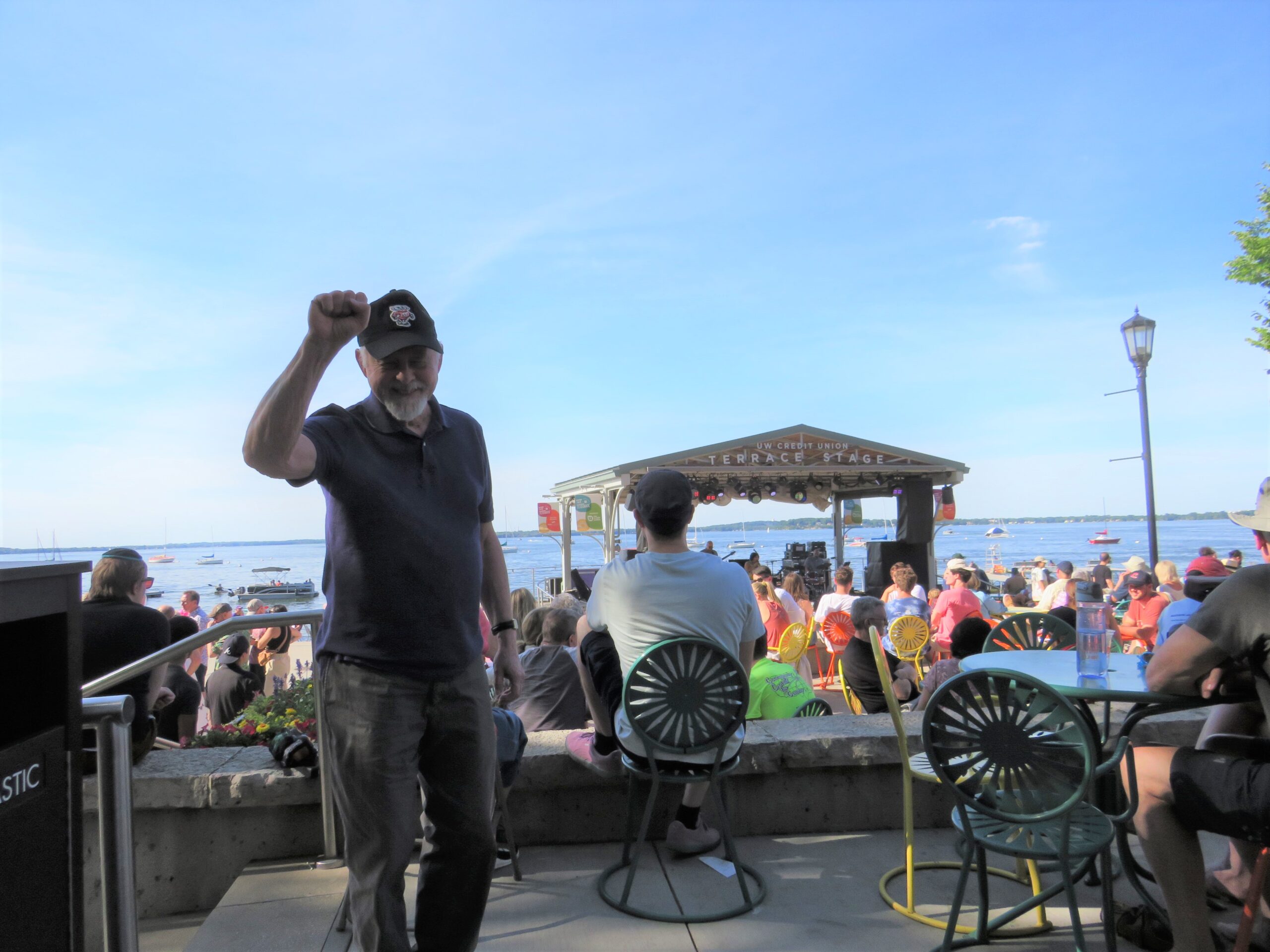


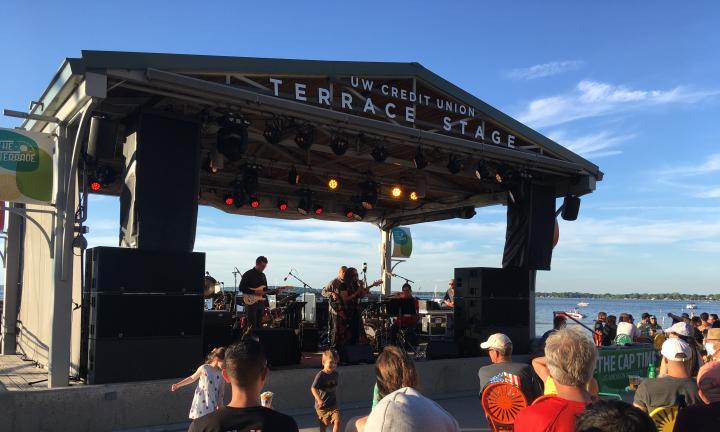
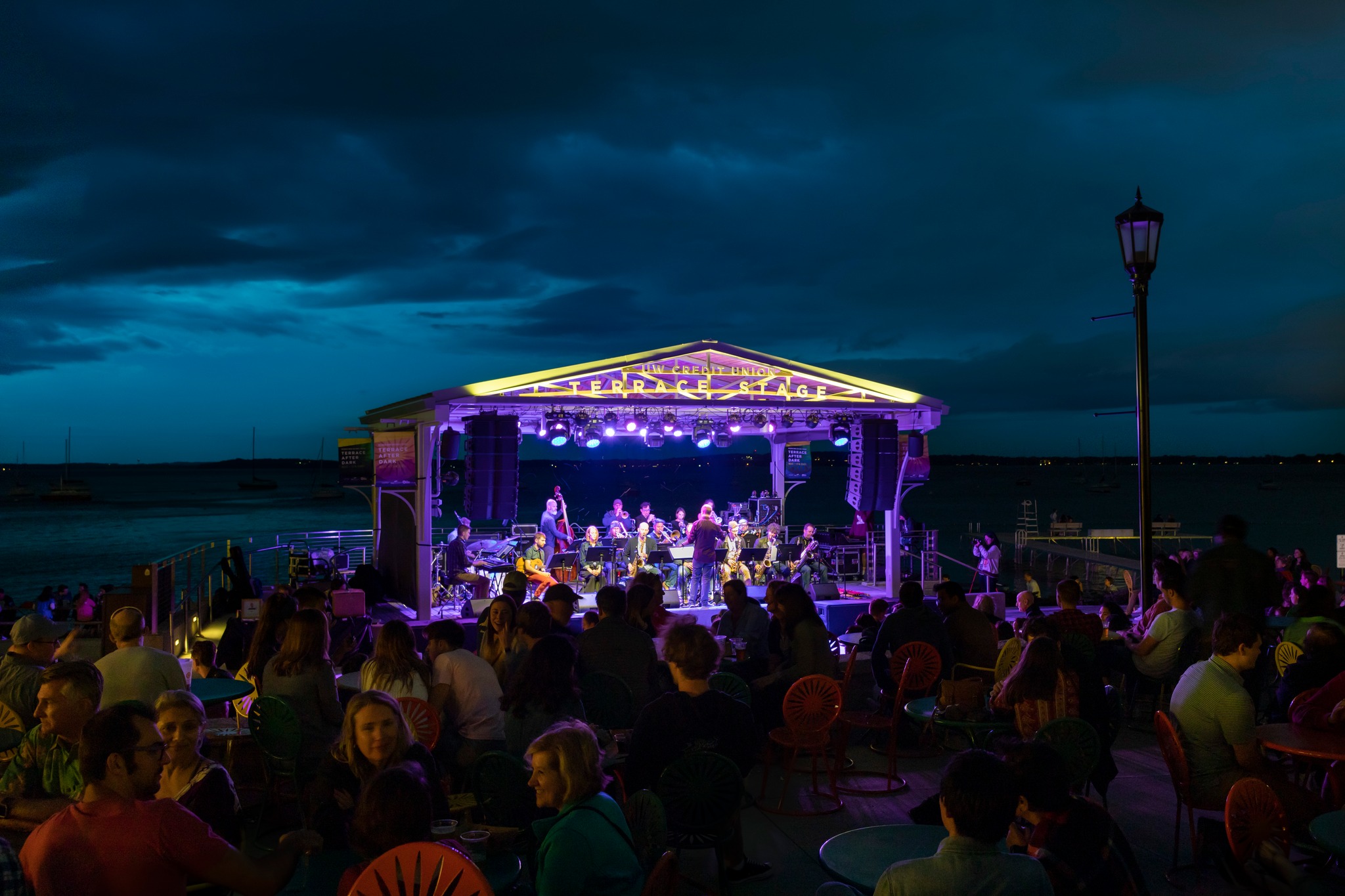 The Madison Jazz Festival is loaded and ready to bust out, starting Friday, June 10 to 19. Plenty of free-admission music as well as ticketed events. It seems to grow stronger and more richly conceived every year.
The Madison Jazz Festival is loaded and ready to bust out, starting Friday, June 10 to 19. Plenty of free-admission music as well as ticketed events. It seems to grow stronger and more richly conceived every year.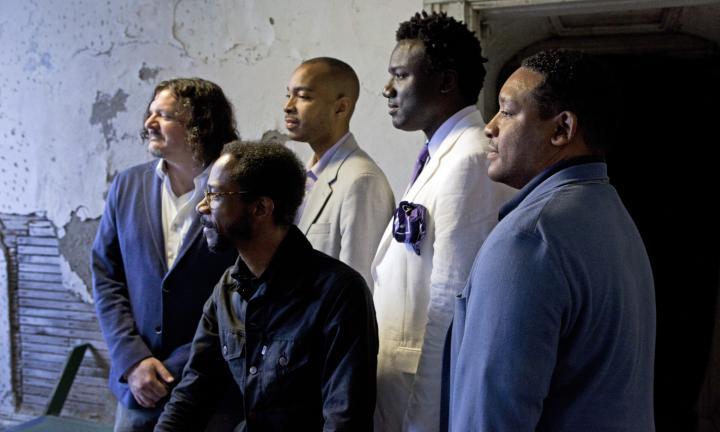
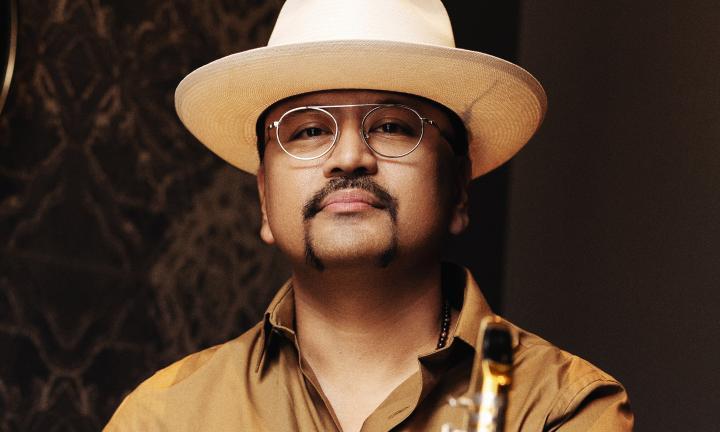
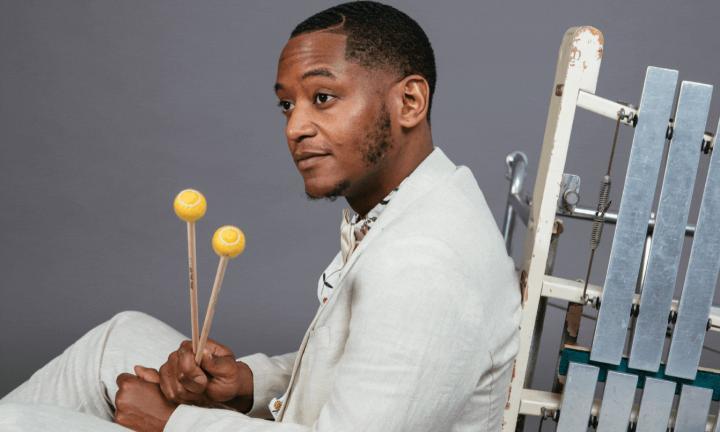


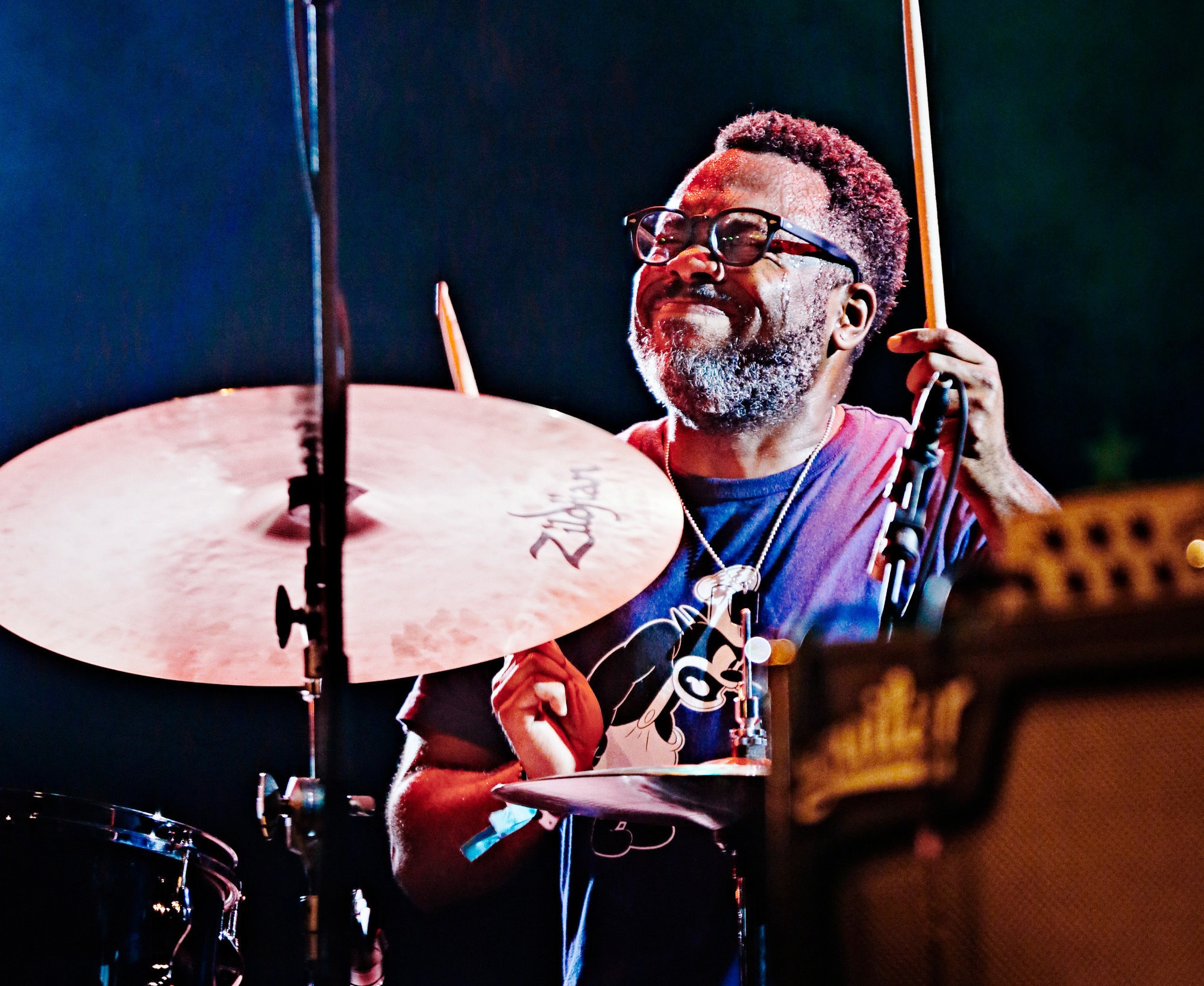
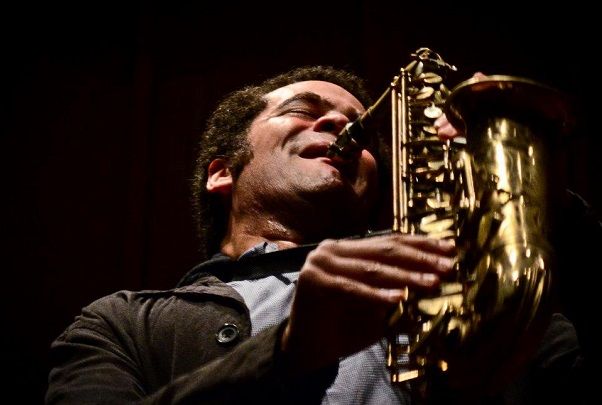
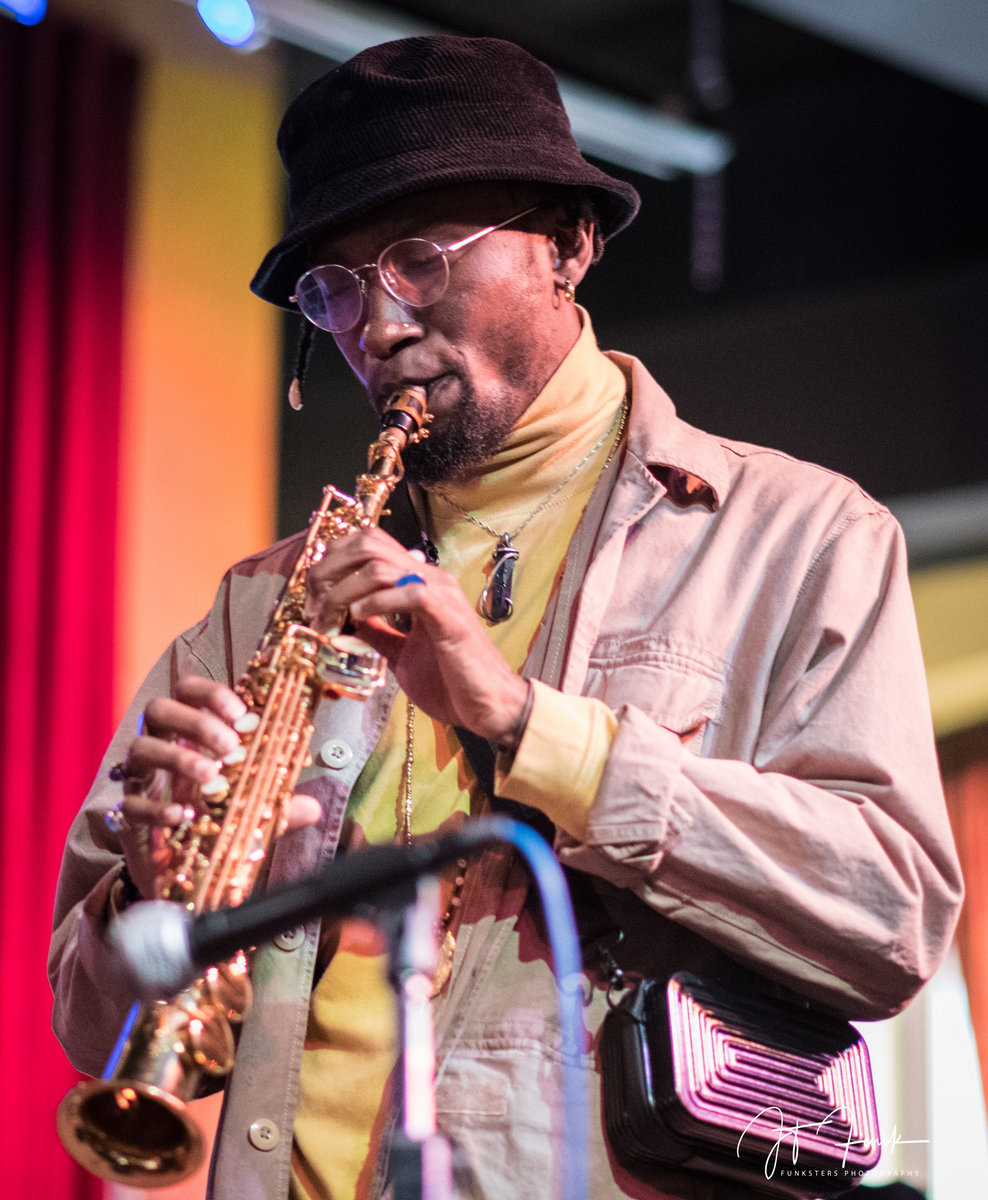
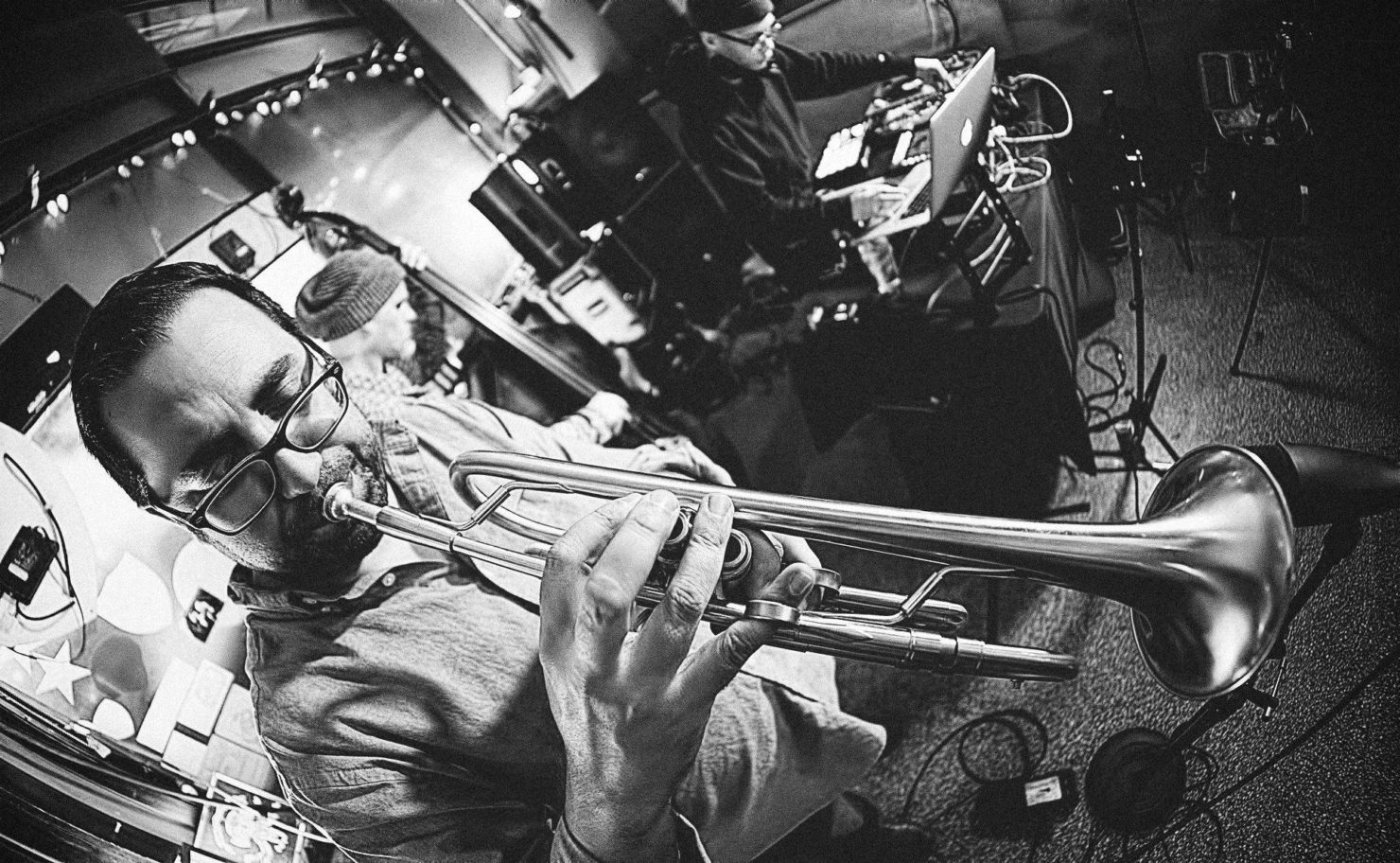
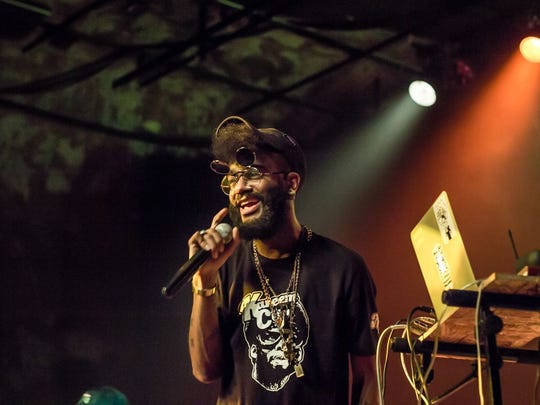
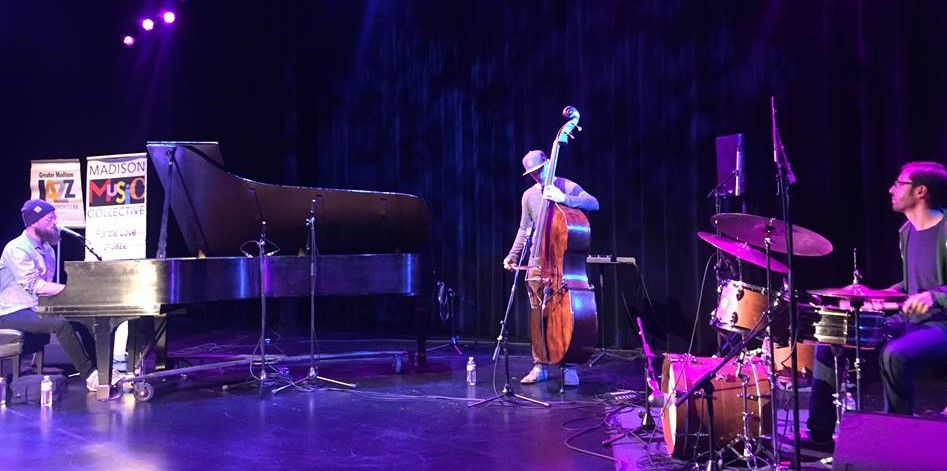 The Anthony Deutsch Trio. Courtesy badgerherald.com
The Anthony Deutsch Trio. Courtesy badgerherald.com